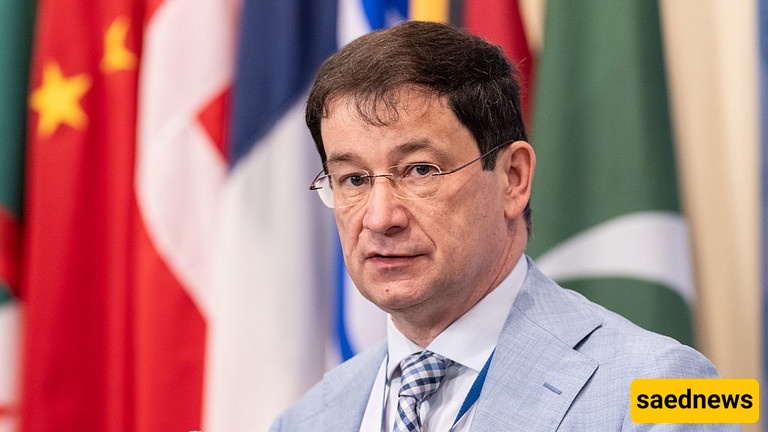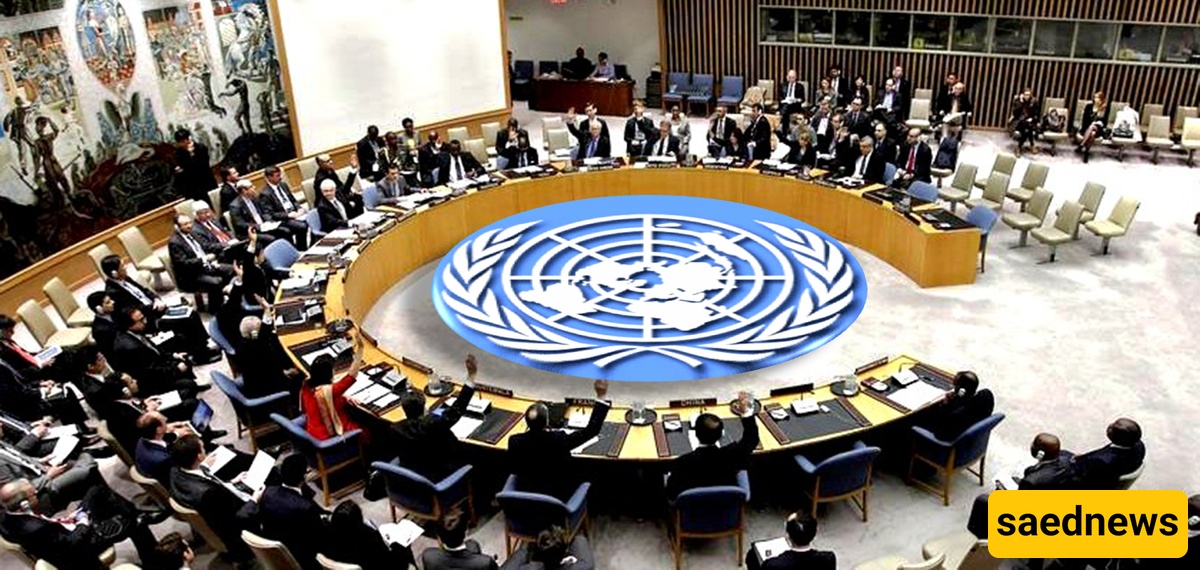SAEDNEWS: At an emergency session of the United Nations Security Council, a senior Russian diplomat accused Israel, in unusually blunt language, of “confining Palestinians to ghettos” and “seeking their complete annihilation,” saying it had failed to draw lessons from the historical experience of the Holocaust.

According to Saed News, citing RT, during the special Security Council meeting, Dmitry Polyansky, Russia’s Deputy Permanent Representative to the UN, told members:
“How is it possible that a people who themselves were victims of the Holocaust now confine Palestinians to ghettos and seek their complete destruction? How quickly can the lessons of history be forgotten!”

His remarks swiftly sparked a wave of both support and criticism. Riyad Mansour, the Permanent Observer of Palestine to the UN, endorsed the statement, describing Israel’s actions in Gaza as “genocide” and stressing that the silence of the international community in the face of these conditions is not neutrality, but complicity in the crime. Somalia’s representative also warned that Israel’s policies in Gaza could pave the way for “one of the worst man-made famines.”
By contrast, the United States dismissed the genocide allegations against Israel as “false and political.” U.S. envoy Dorothy Shea said Iran was responsible for the humanitarian crisis in Gaza and that Israel was taking the necessary measures to protect civilians.
The heated exchange laid bare the deep divisions among Security Council members over the Gaza war. Russia’s use of historical references and imagery such as the Holocaust not only adds moral and emotional weight to its criticism, but also turns it into a tool for political pressure and shifting the balance in international debates. Meanwhile, Israel’s allies are working to discredit these accusations by emphasizing security threats and the role of other regional actors.
It appears this tension is not merely a fleeting disagreement, but a sign of intensifying narrative and ideological rivalries within the Security Council — a place where history is not only a memory, but a political weapon in the arena of modern diplomacy.

